Alien: Romulus - A Nostalgic Echo That Struggles to Find Its Voice
- 2024-08-21 14:25
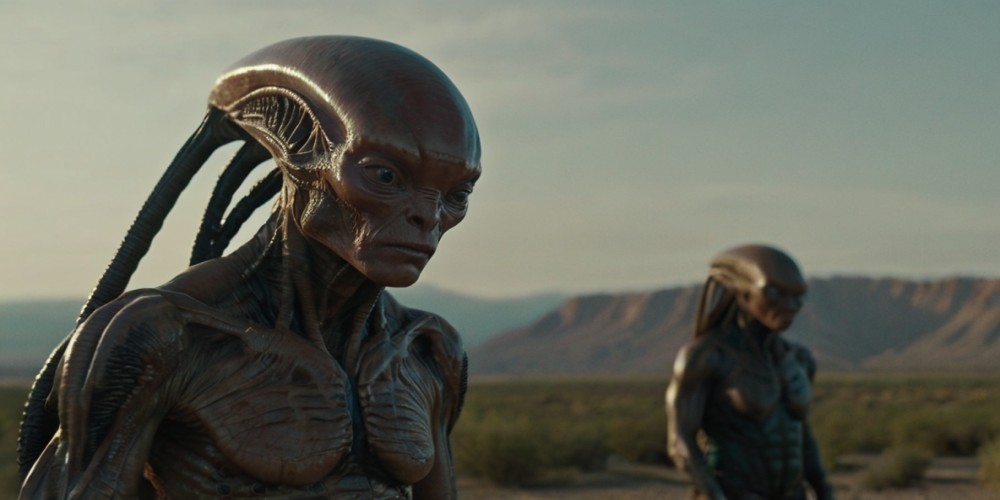
In a landscape where cinematic nostalgia often drives new offerings, "Alien: Romulus" emerges as the latest installment in the acclaimed Alien franchise. The film, directed by Fede Álvarez, attempts to bind its narrative to the legendary roots of its predecessors—"Alien" and "Aliens"—while ambitiously leaning into a modern interpretation of horror. Yet, as the film unfolds, it challenges the audience's expectation by presenting a narrative marred with structural flaws and missed opportunities. Below, we delve into the various aspects that contribute to the film’s mixed reception.
A Misfired Tribute
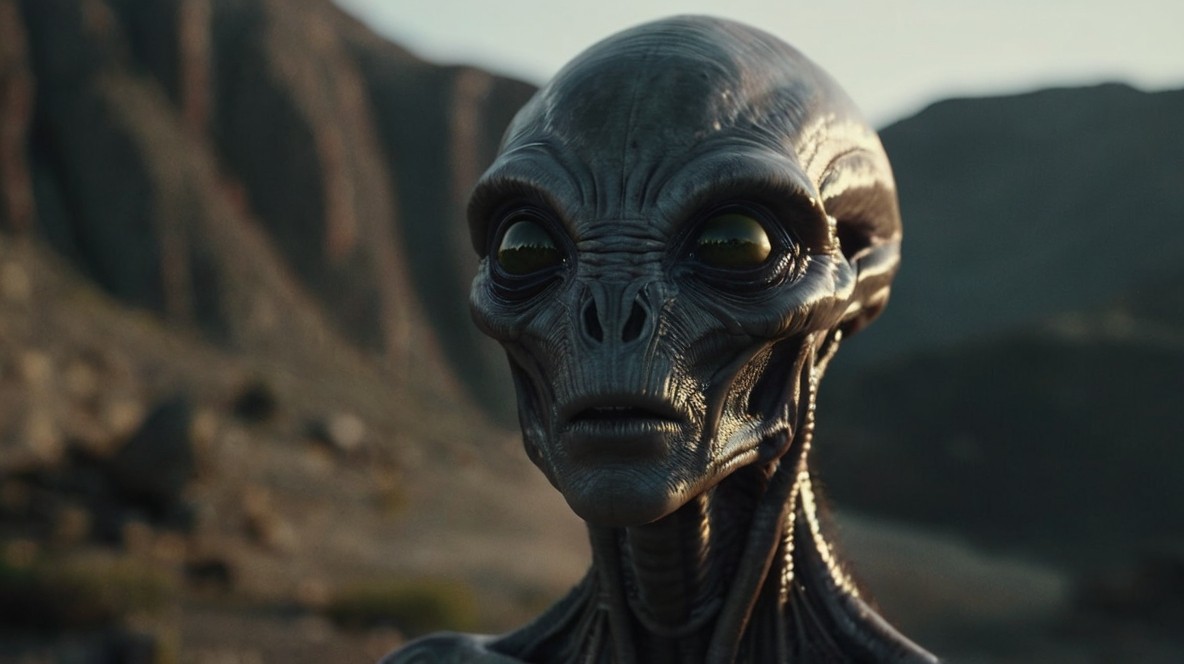
In a fantastic series known for its profound character moments and emotionally charged dialogues, "Alien: Romulus" invokes the memory of an iconic line—“Get away from her—you bitch”—but does so in a manner that feels forced and out of place. Originally delivered with fierce conviction by Sigourney Weaver's Ripley, this line now echoes hollowly in the new film as it stumbles awkwardly from a different character's lips, devoid of context or emotional weight. Instead of a powerful confrontation, audiences are left with a disjointed homage that diminishes the original impact.
Through numerous callbacks to "Alien" and "Aliens," "Romulus" strives to remind viewers of the legacy it bears. However, nostalgia appears to take precedence over originality, and the film struggles to forge its own identity while referencing its predecessors. The sharp, multifaceted storytelling that characterized earlier entries feels absent, replaced by a chaotic assembly of scenes that prioritize spectacle over substance.
A Departure from Subtlety
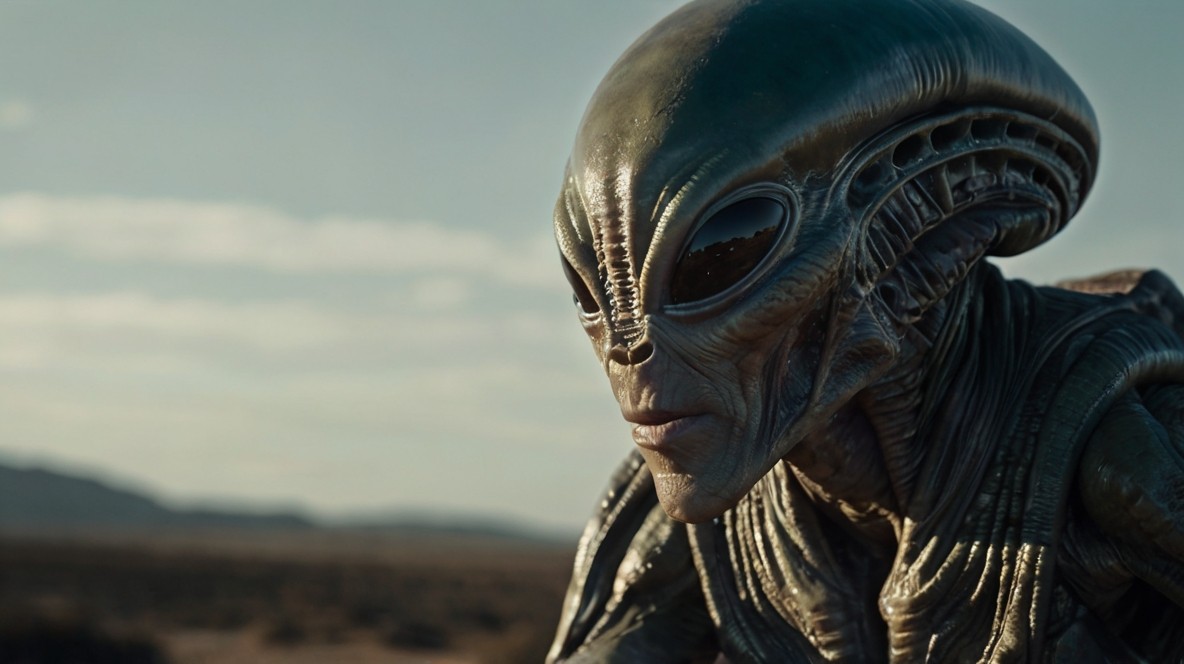
One of the hallmarks of the Alien series has been its masterful control of suspense through subtlety and atmosphere. The original films excelled in building a sense of dread through quiet moments where the unknown lurked just out of sight. "Alien: Romulus," unfortunately, opts for a more bombastic approach, with relentless jump scares and loud musical stings that drown out the tension. Instead of creeping dread, viewers are bombarded with visceral horrors, and the monsters—far from elusive threats—are on full display, diminishing the sense of fear that is so vital to the franchise’s success.
The film's over-the-top portrayal of alien threats contrasts sharply with the oppressive atmospheres crafted by Ridley Scott and James Cameron. There’s no tension in the silence here; instead, waves of creatures relentlessly chase characters, losing the careful construction of fear in favor of sheer volume and chaos. Such a shift not only undermines the legacy of the series but also renders emotional engagement far more challenging for the audience.
Compelling Characters Amid Missed Opportunities
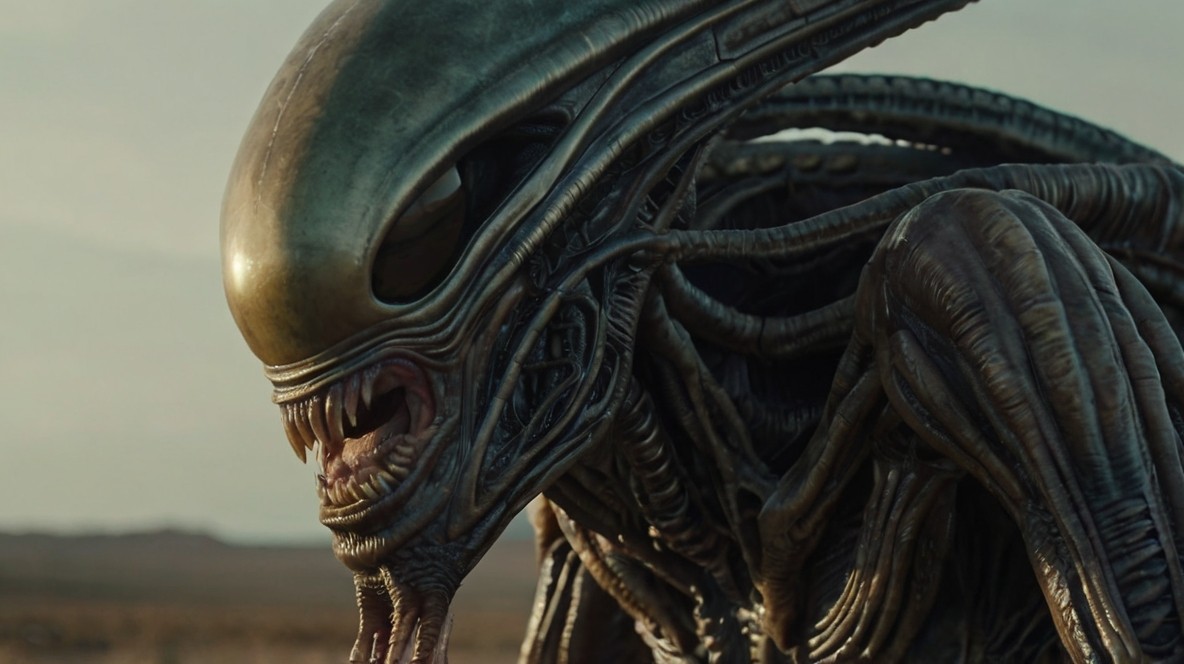
At the core of "Alien: Romulus" is Rain, played by Cailee Spaeny, whose determination and empathy drive the narrative forward. Alongside her is Andy, a decommissioned android—portrayed by David Jonsson—adding a new dynamic that sees them navigate their world as siblings rather than the typical human-android dichotomy. Their relationship offers a fresh layer to explore the themes of humanity and artificial intelligence. Both characters showcase depth and nuance that are sometimes lacking in their supporting cast.
While Spaeny and Jonsson rise above the script's shortcomings, the same cannot be said for the ensemble surrounding them. A cast of young actors, including Archie Renaux, Isabela Merced, Spike Fern, and Aileen Wu, present a camaraderie that feels promising yet ultimately falls short. They are quickly split and sent on divergent paths, leaving little time for character development and emotional connection. The script accelerates towards tying back to the established canon, often at the expense of building individual stakes for the crew.
Traversing the Established Canon
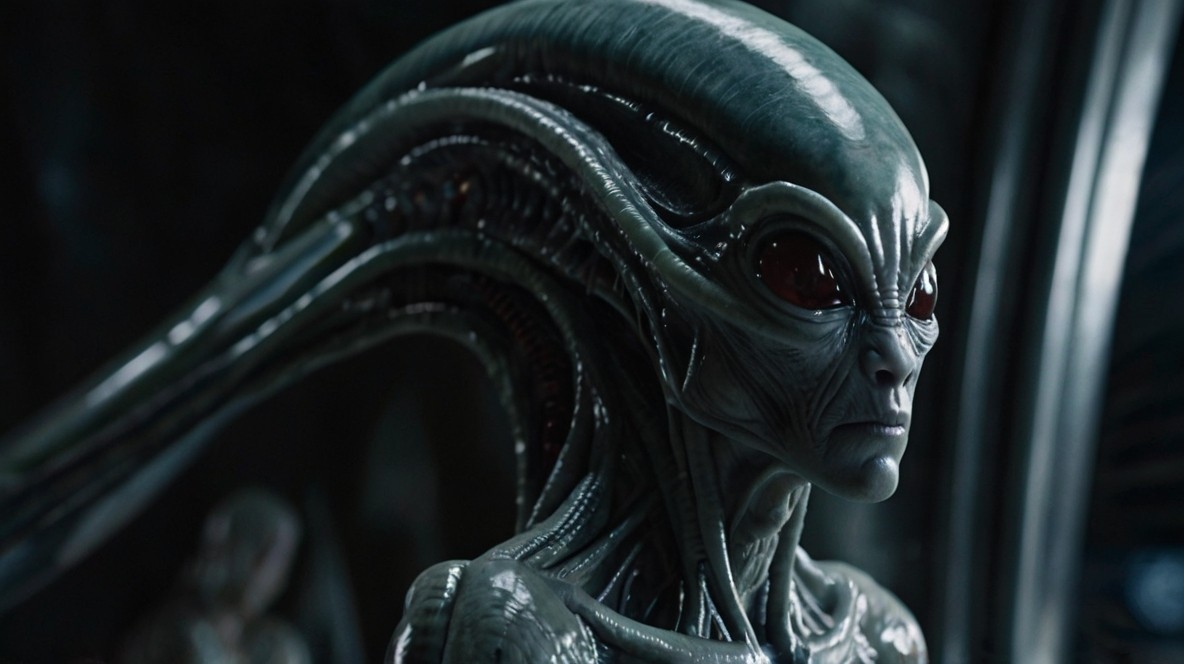
"Alien: Romulus" carefully positions itself as a direct sequel to the original "Alien." The film opens with the discovery of the wreckage of the Nostromo—the ship Ripley once inhabited—setting the stage for a return to well-trodden thematic ground. Yet, while it builds on the implications of the corporation’s relentless ambition, it fails to deliver a narrative that feels innovative. Instead of exploring ethical dilemmas with the deftness of its predecessors, "Romulus" simplifies complex corporate exploitation into stale tropes of good versus evil.
The motivations of the Weyland-Yutani executives shift from creating a bio-weapon to developing medicines, but such narrative adjustments feel superficial. The film merely skims over what could have been a deeper examination of morality versus ambition, settling instead for surface-level engagements with grand themes. Although there are sparks of insightful commentary on sacrifice and ethics, they are undermined by the overwhelming focus on action sequences and references.
A Dissonant Climax
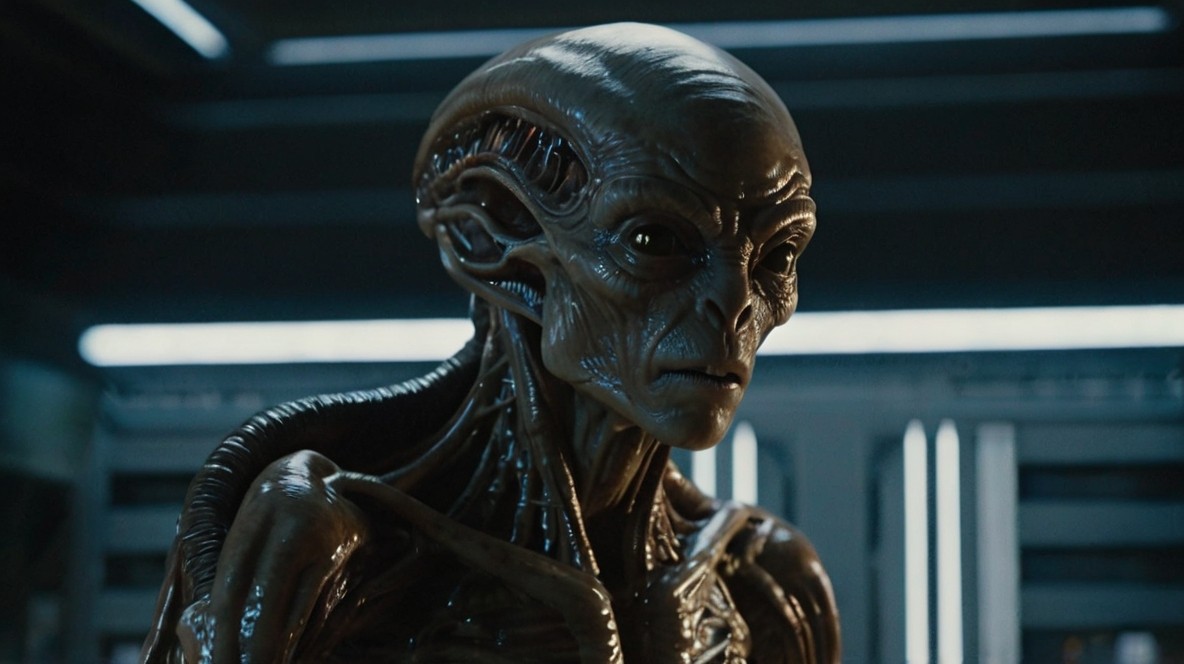
As "Alien: Romulus" races toward its conclusion, it becomes increasingly apparent that it is trapped between tribute and innovation. The final act—teetering on the brink of becoming overly new yet embarrassingly familiar—disappointingly requires a suspension of disbelief. The film's attempt to escalate the tension concludes with a chaotic final showdown that lacks coherence and emotional resonance, leading to confusion rather than clarity.
Overreliance on nostalgic callbacks, coupled with the desire to showcase climactic chaos, results in a disjointed experience. The last moments feel jarringly discordant, yielding a finale that alienates itself from the cohesive storytelling that defined the earlier films. References and cameos from the original series do little to salvage an ending that concedes to spectacle rather than meaningful closure.
Conclusion: A Legacy Strained but Not Broken
In brief, "Alien: Romulus" stands as a testament to the challenges faced by franchises attempting to balance homage with originality. While it invites viewers to traverse familiar terrain, it ultimately struggles to capture the essence of what made the original films so iconic. The film exhibits quality production and compelling performances from its leads but undermines itself through its disjointed narrative choices and lack of depth in character relationships. Though it resonates as a decent addition within the broader Alien universe, it undeniably falls short of the high bar set by its predecessors—one that sought to redefine the boundaries of science fiction and horror. Perhaps the next installment will embrace the subtleties and character-driven elements that made the saga truly remarkable, allowing audiences to reconnect with the emotional core that initially ignited their passion for the Alien franchise.